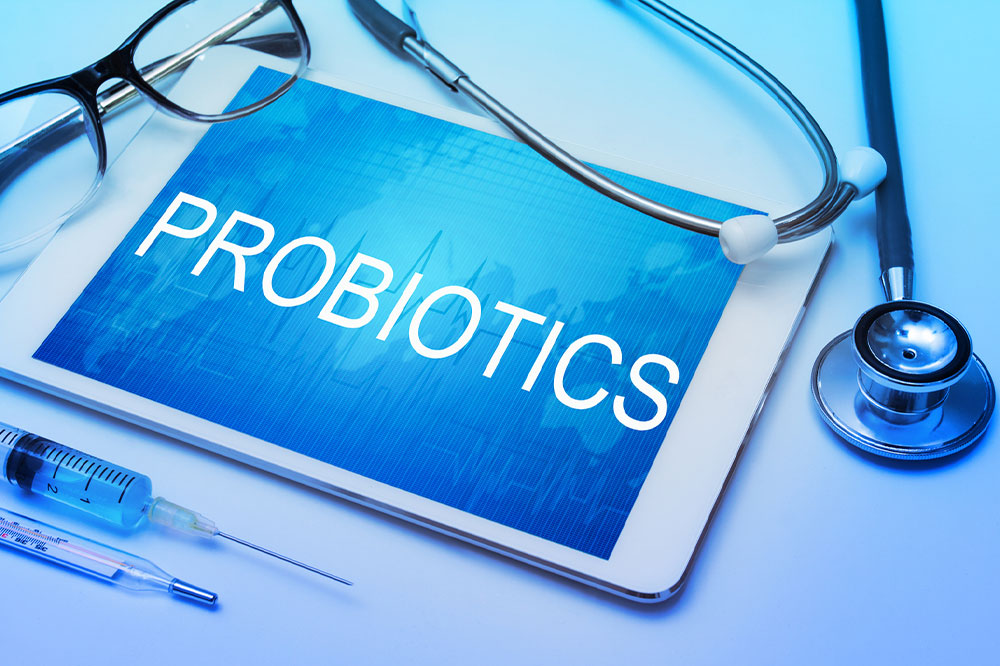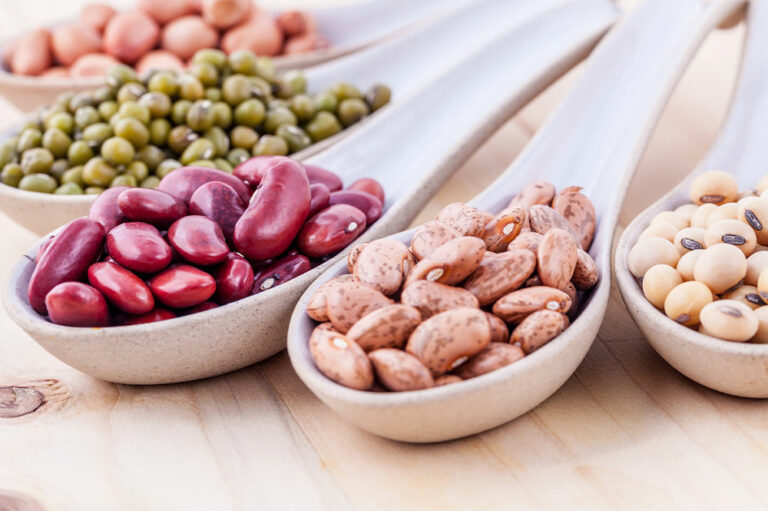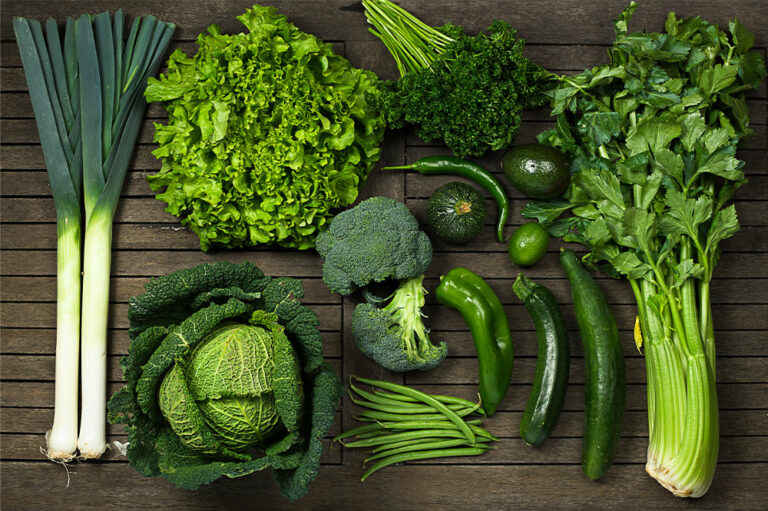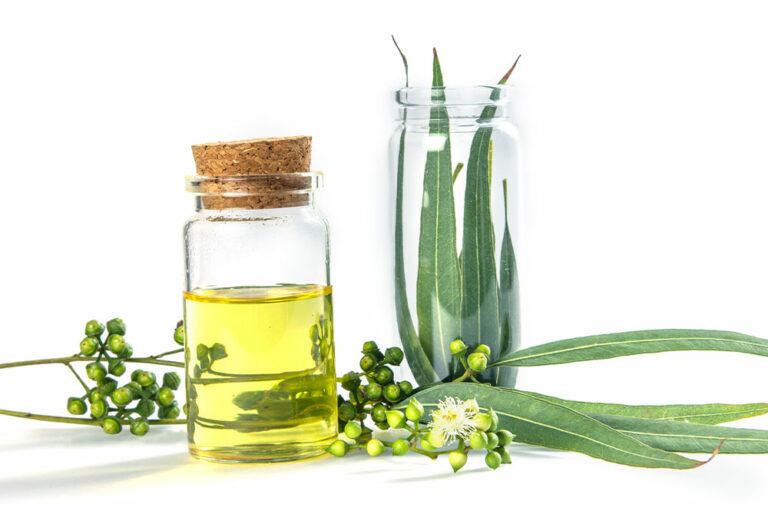
6 key health benefits of probiotics
Probiotics constitute a significant component of a healthy nutritional regime. Hundreds of brands sell probiotics in the market, and several blogs and websites exist exclusively to count probiotics’ never-ending benefits. But do we understand the actual mechanism through which probiotics work? For that, we need to be clear about the definition of probiotics. We need to know what and how they function. Read this article to learn the definition and some key benefits of probiotics:
What are probiotics?
Your body contains within itself both good and bad bacteria. Probiotics are the good bacteria. When an infection affects your body, the number of harmful bacteria exceeds the number of beneficial bacteria in your body. To destroy these harmful bacteria and restore the balance in your body, you need to get good bacteria from external sources.
These external sources include probiotic supplements or fermented foods. Some typical probiotic foods are probiotic yogurt, kefir, sauerkraut, kimchi, tempeh, and many more, while supplements include refrigerated capsules, shelf-stable capsules, liquid beverages, and powders.
Key benefits of probiotics
Probiotics are good bacteria and have several benefits, and several scientific studies back these benefits. Here is a list of the 6 most popular probiotics benefits you should know of:
Improve nutritional absorption
Your gut serves as a home for billions of microbes. These microbes are responsible for disintegrating the food you ingest and absorbing nutrients. Among these microbes, probiotics break down your food to generate B vitamins, which are vital in taking out energy from fats and carbohydrates. Besides that, B vitamins also disintegrate amino acids and transport energy-possessing nutrients and oxygen throughout the body.
Furthermore, probiotics have several strains, among which lactobacillus acidophilus and bifidobacterium help absorb essential minerals. These minerals include copper, magnesium, iron, and manganese, that is, minerals that are vital for energy production.
Several research studies have also demonstrated that Lactobacillus strains help produce Vitamin K, which in turn assists in the production of prothrombin. Prothrombin is a protein that aids in bone metabolism, heart health, and blood clotting. Besides that, Vitamin K also helps in energy production inside the mitochondria.
Reduce constipation
Even though the mechanisms are not yet accurately understood, scientific studies imply several methods through which probiotics are assumed to help ease constipation.
First and foremost, one must note that intestinal bacteria also perform a vital function in the enteric nervous system (ENS) besides affecting gut motility. Slow transmission of bowel may happen due to poor gut motility, specifically in the large intestine. The latter, in turn, is often linked to anomalies in ENS.
SCFAs or Short-chain fatty acids can also help lessen constipation. Probiotic strains like bifidobacteria and lactobacilli are notable for generating SCFAs by fermenting carbs in the gut. These SCFAs stimulate neural receptors in the gut wall smooth muscle, facilitating peristalsis and thus, enhancing the digestive tract’s motility. Probiotics have also been suggested to be responsible for increasing serotonin levels. Serotonin is an excitatory neurotransmitter also known for improving peristalsis.
Relieves from gas-related issues
Your gut flora consists of both good and bad bacteria living in equilibrium. Any disruption in this paradise can generate unpleasant symptoms. Among the various bacterial strains residing in your gut, Enterobacteriaceae and Clostridia are specifically noteworthy for their gas-producing tendencies.
Fortunately, probiotics like Bifidobacterium lactis and Lactobacillus acidophilus are there to your rescue. They are notable for reducing the gas produced in the intestines. Also, you can take a multi-strain probiotic supplement to help yourself remain free from excessive gas-related issues.
Reduces bloating
Bloating is another unpleasant symptom you may experience due to disturbances in your gut’s microbiome. A person feels bloated when gas builds up in their gut. This can cause discomfort, pain, as well as embarrassment. But again, probiotic strains like LGG and L. Plantarum are there for your rescue, which according to studies, are far better than placebo in lessening IBS symptoms’ severity.
Fight the yeast infections
You may develop severe yeast infections when harmful yeasts like Candida albicans lose control and disperse throughout the intestines. However, probiotic strains like Saccharomyces boulardii are there to control these deadly strains and restore the equilibrium of your gut flora. It is primarily a beneficial yeast that produces caprylic acid, an antifungal element with potent anti-Candida properties. Consequently, it inhibits Candida’s ability to establish or even end up in your gut or digestive tract.
Lactobacillus acidophilus is another significant strain for producing antibodies to fight Candida albicans. These strains prevent Candida albicans from developing a biofilm- the sticky, protective cover that shields the yeast from antidotes.
Support skin health
Supplementing with probiotics may provide some relief for people with eczema, psoriasis, or acne. Atopic dermatitis in children and neonatal eczema can all be prevented with probiotic supplements, according to research. Even the integrity of intestinal bacteria has been connected to the emergence of acne, according to certain theories.
Heart of the matter
The health benefits of probiotics are many, and so are their sources. Therefore, it would be best to include some probiotics in your daily nutritional regime without any further delay and enjoy their significant health benefits to the best of your capacity.







